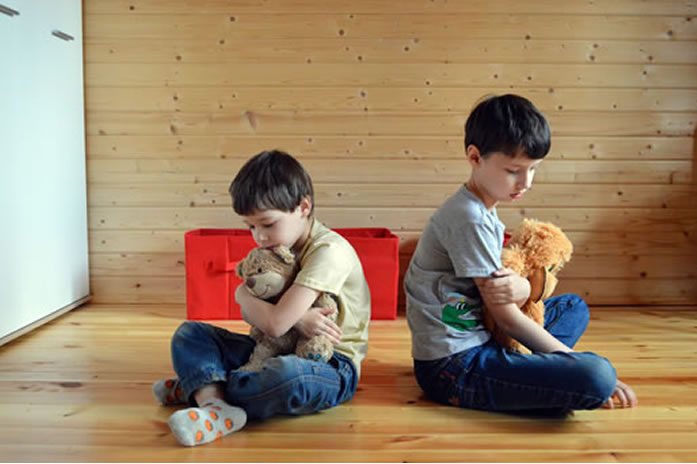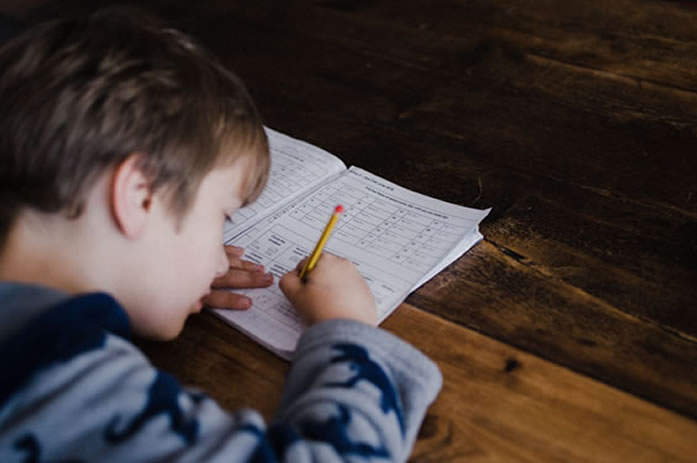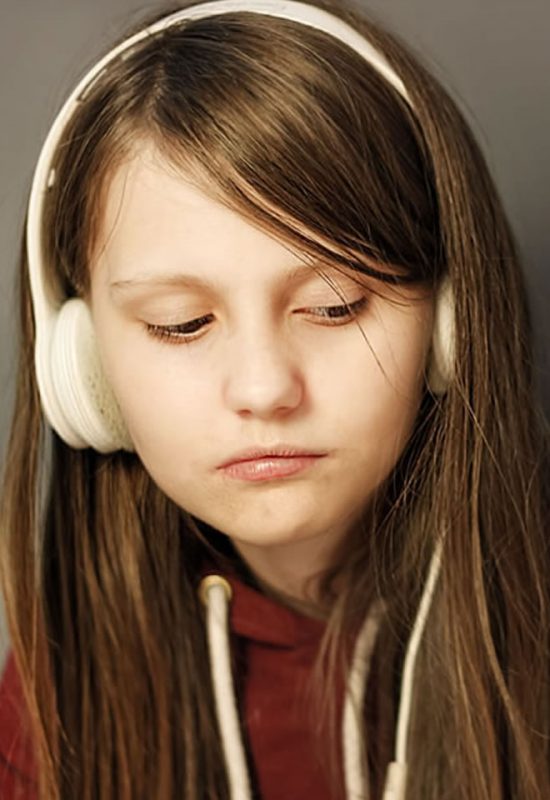If a young person is struggling academically, we can formally assess the young person’s profile of intellectual and academic abilities. As well as identifying any specific learning disabilities or developmental disabilities, a psychological assessment can identify the young person’s learning style. This assessment can be a valuable source of information to assist in planning appropriate interventions and inform academic programming in the school or college.
Treatment options may include parental guidance counselling, individual therapy for the child or teen, family therapy, or a combination of these approaches. Specific working memory training may be indicated following an assessment to help the young person with their learning challenges and/or attention/hyperactivity difficulties. Learn more about this by visiting our COGMED pages.
At a parent’s request, our practitioners may also provide information or consultation to other caregivers, educators, or health care providers involved in supporting the young person.
Clinical Psychologists are not licensed to prescribe medication nor provide recommendations on the most appropriate medication for individuals. They can work alongside medical doctors regarding particular clinical presentations which may benefit from medication, but it is ultimately up to you and your prescribing doctor to decide whether medication would be appropriate to assist your child.
Our practitioners are trained to deal with the following difficulties of childhood and adolescence:
Mood disorders, (anxiety/depression / early onset mental illness), anger control difficulties, Attention Deficit Hyperactivity Disorder (ADHD), bereavement, difficulties adjusting to parental divorce and separation, eating disorders, substance abuse, trauma and abuse, bullying, low self esteem and body image problems, learning disabilities, social skills difficulties, chronic illness, acquired brain injury, intellectual disability, Autism Spectrum Disorders.









